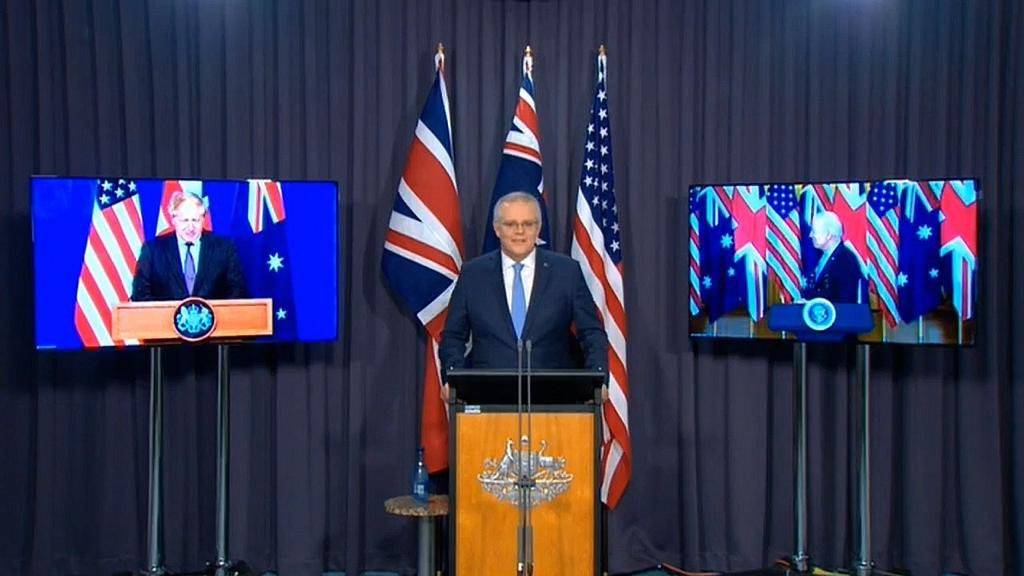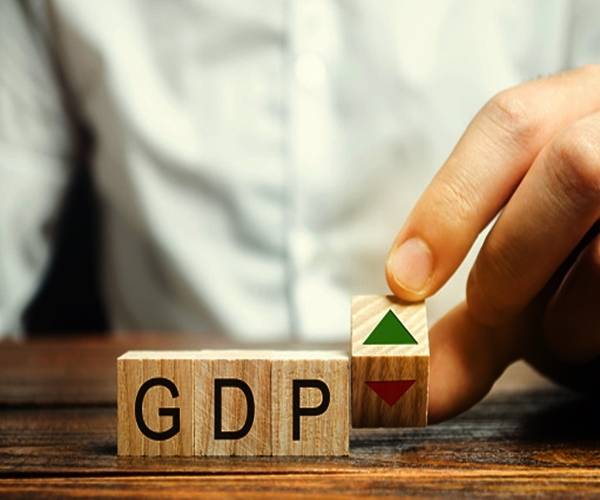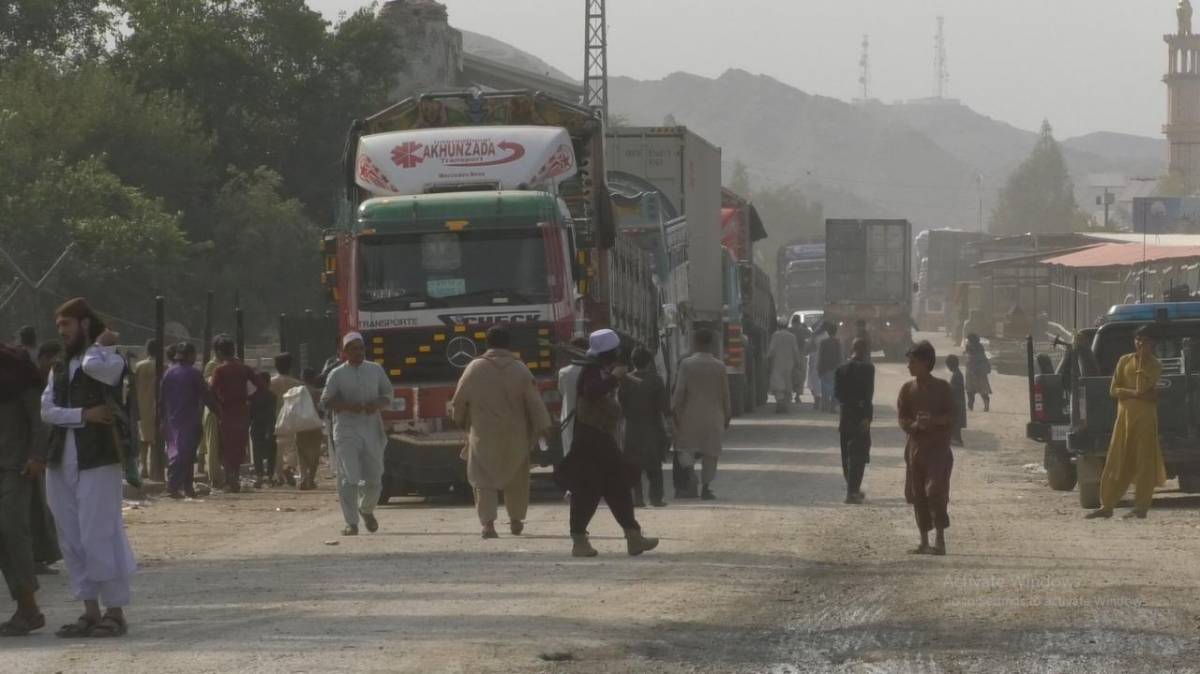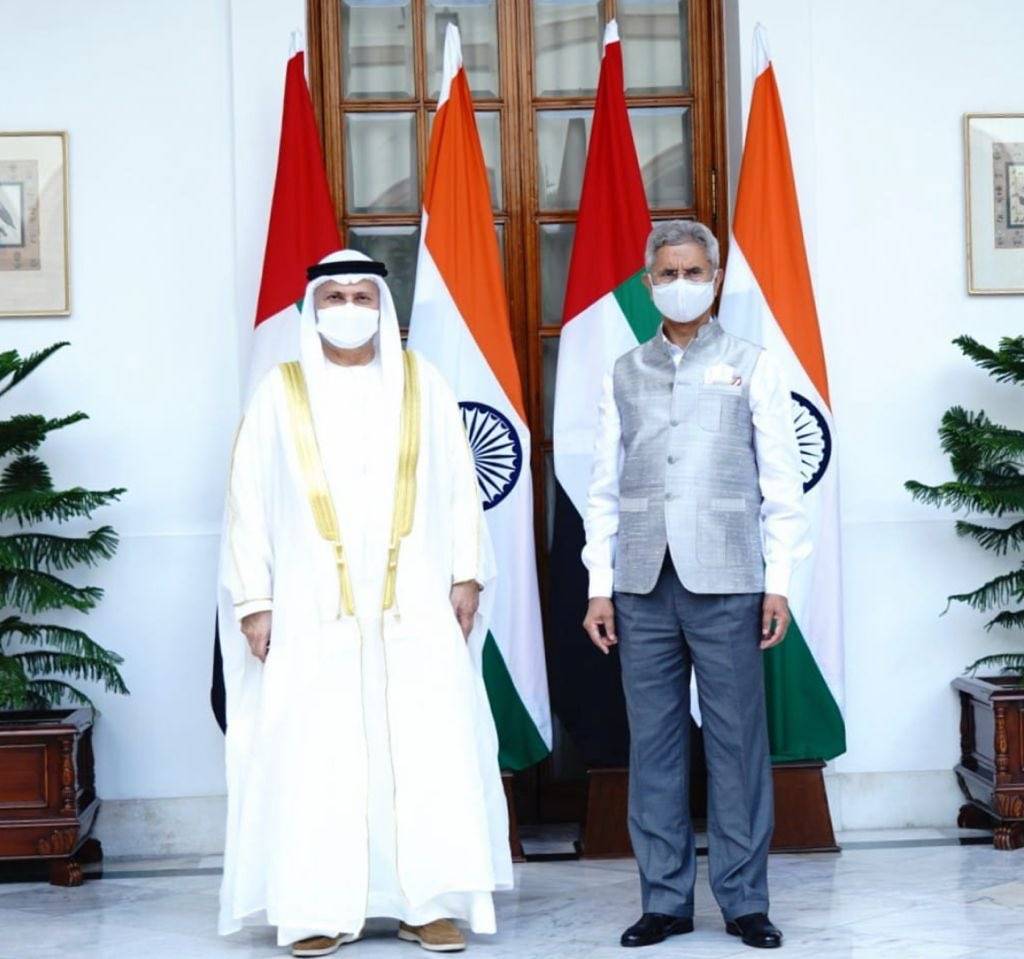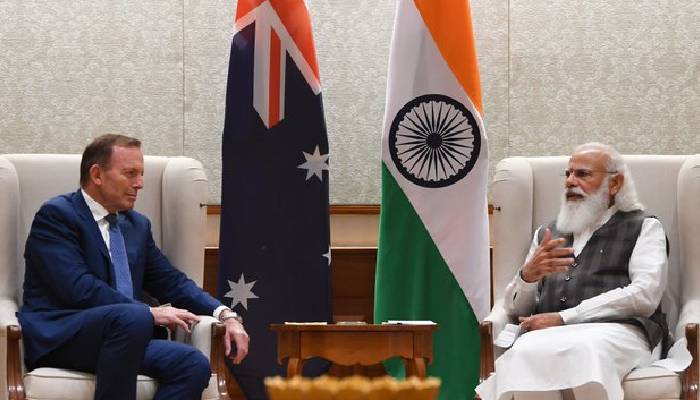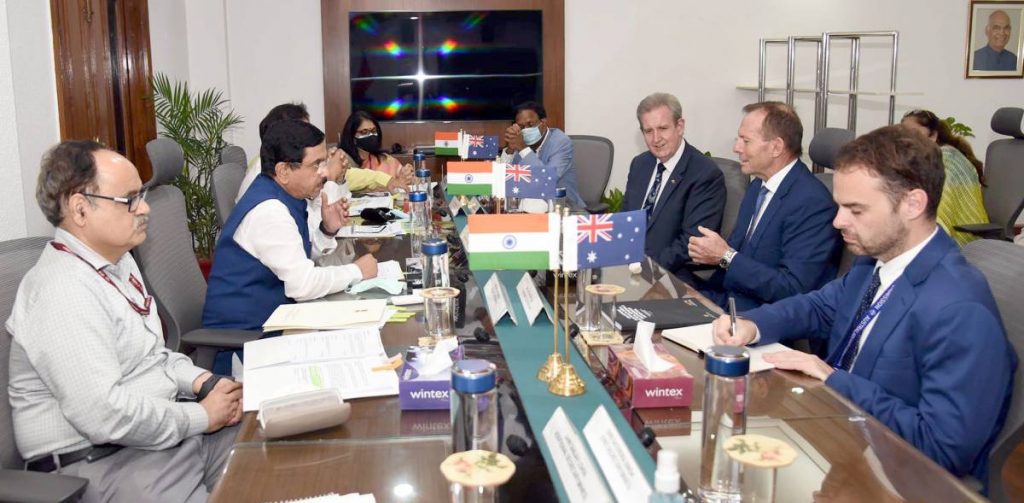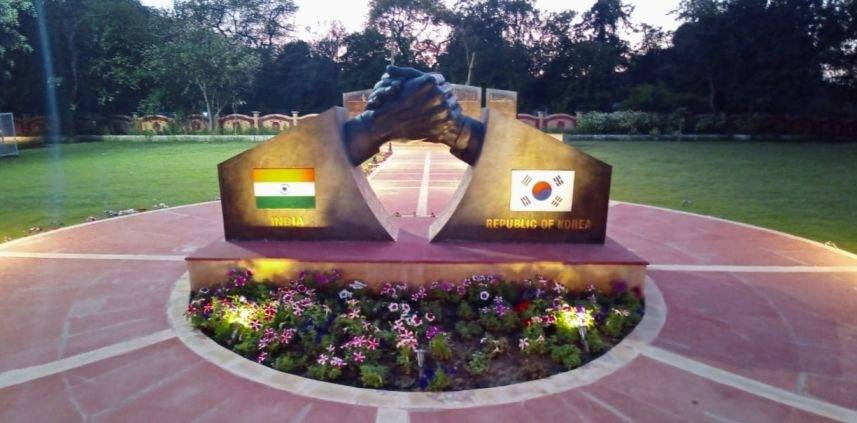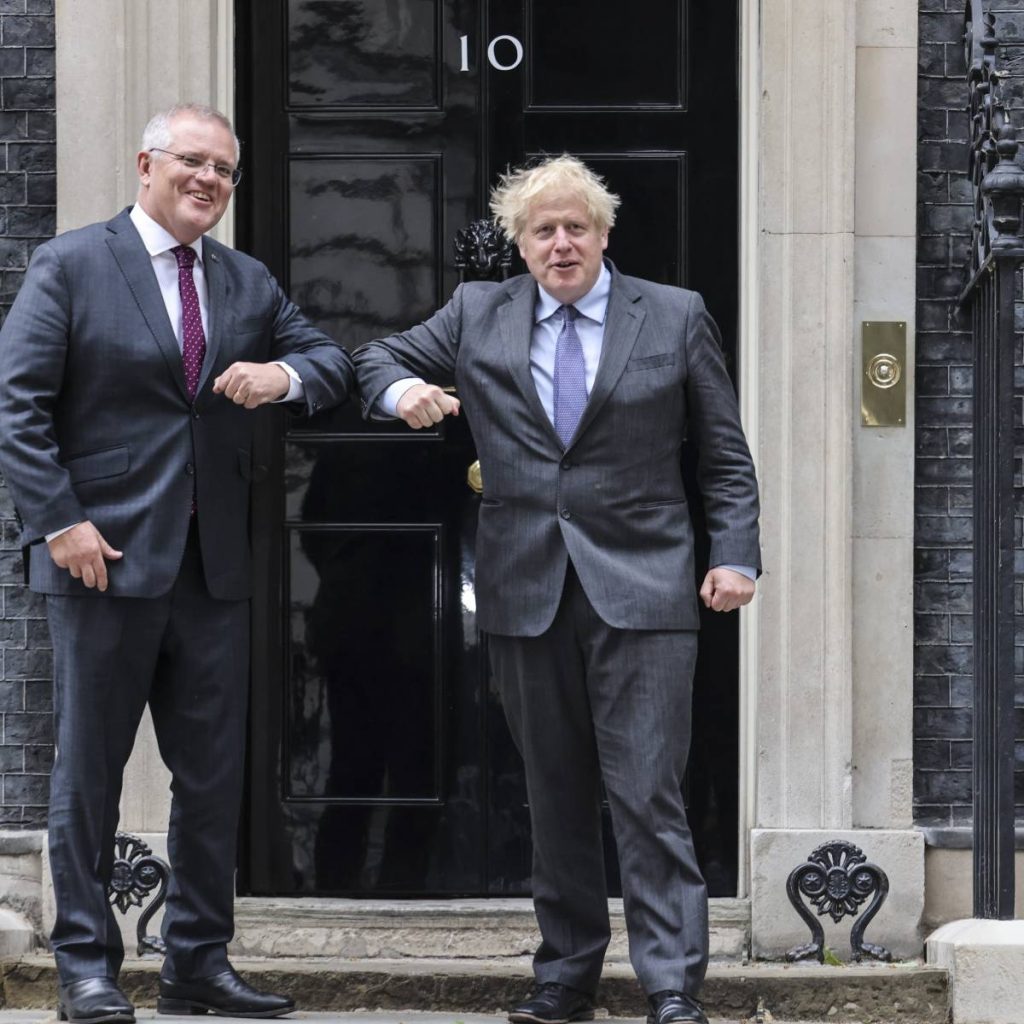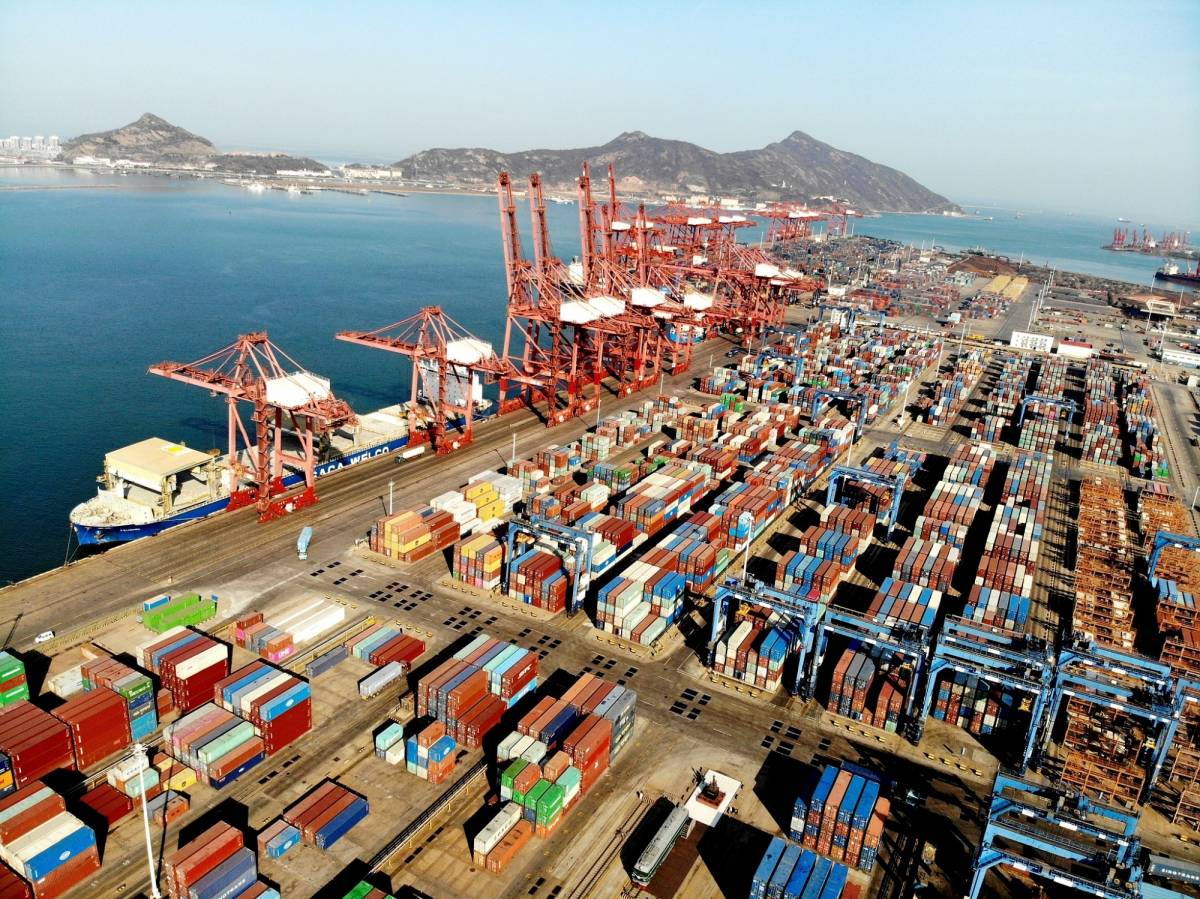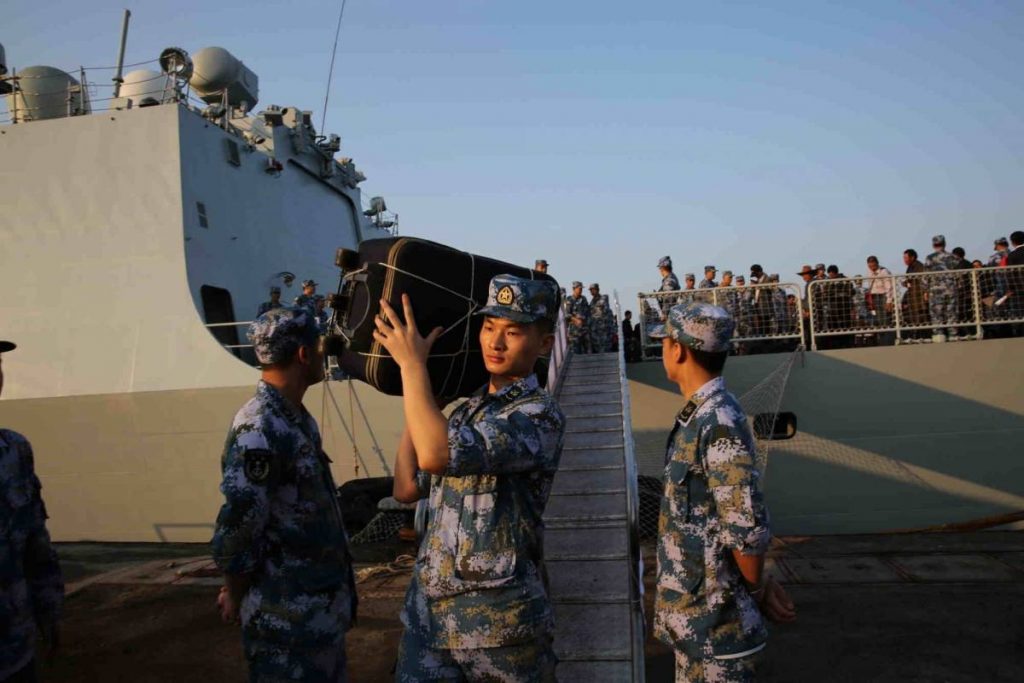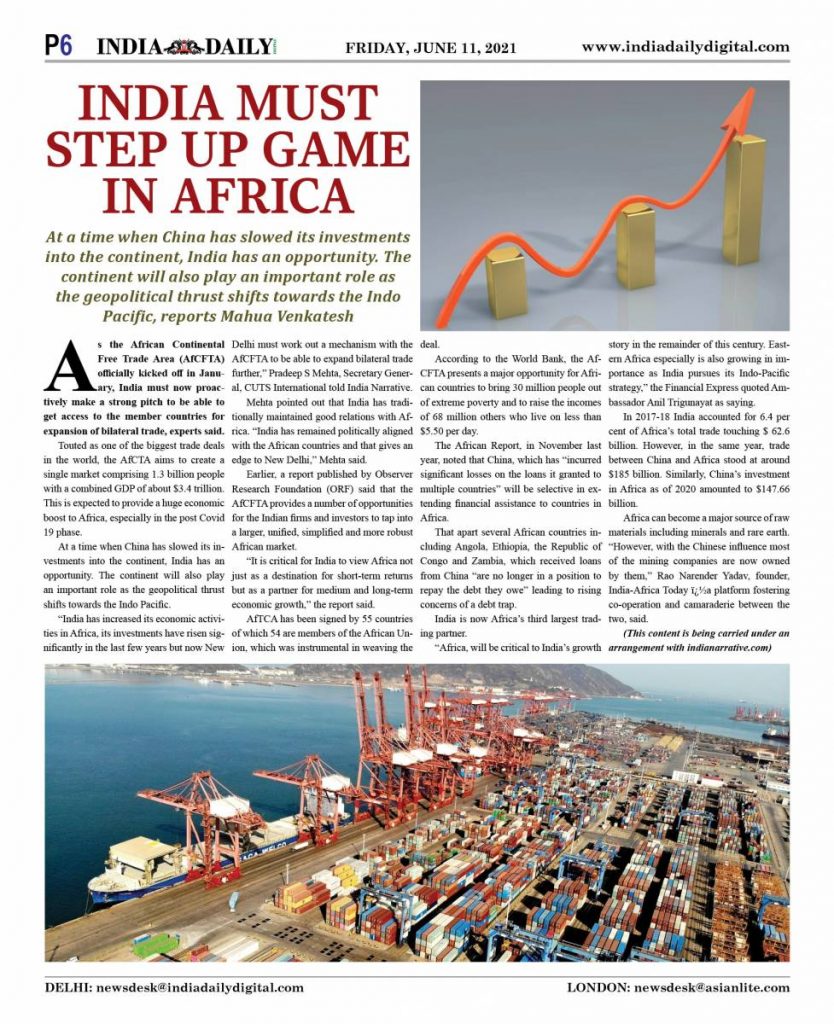Peter Ricketts, the co-chair of the Franco-British Council that the defence ministers had planned to address, told the newspaper on Sunday that the gathering had been “postponed to a later date.”…reports Asian Lite News.
The trade negotiations between the European Union and Australia are at risk of collapsing over lack of trust after Canberra ditched a multibillion defence contract with France, Secretary of State for European Affairs Clement Beaune told Politico.
Last week, Paris recalled its ambassador from Canberra and Washington, after Australia chose to quit a $66 billion submarine contract with France to instead obtain nuclear-powered submarines within a new trilateral partnership with the United Kingdom and the United States, AUKUS. French Foreign Minister Jean-Yves Le Drian described Australia’s withdrawal from the contract as a “stab in the back.”
“Keeping one’s word is the condition of trust between democracies and between allies,” Beaune said, adding that “it is unthinkable to move forward on trade negotiations as if nothing had happened with a country in which we no longer trust.”
While the European Commission formally has exclusive powers to conduct trade negotiations on behalf of the 27 member states, in practice, it would be impossible for Brussels to go ahead with the talks in the face of France’s outspoken opposition, the news outlet said, noting that some more free-trading member states, such as Sweden or the Netherlands, will hardly go down well with Paris’ criticism.
The chair of the European Parliament’s international trade committee, Bernd Lange, in turn, told Politico that the trade agreement was “in trouble” not only because of France’s opposition but because the bloc’s “willingness to compromise … has now certainly decreased.”
UK, French Def Min meet cancelled
A meeting between UK Defence Secretary Ben Wallace and his French counterpart Florence Parly was cancelled because of the diplomatic row over the AUKUS deal between Australia, the US and the UK that stole away the $66 billion contract Paris had signed with Canberra, The Guardian reports.
Peter Ricketts, the co-chair of the Franco-British Council that the defence ministers had planned to address, told the newspaper on Sunday that the gathering had been “postponed to a later date.”
The ministers were also due to hold a bilateral meeting in London, but it has also been cancelled, according to The Guardian.
This past week, Paris recalled its ambassador from Canberra and Washington after Australia gave up on a $66 billion defence deal with France to enter a new trilateral strategic partnership with the United Kingdom and the United States (AUKUS).
The Guardian said on Saturday that US talks on the issue went on for months in utmost secrecy and that during the G7 summit in Cornwall in June, French President Emmanuel Macron was given no hint that the Australians were about to scupper the deal.
French Foreign Minister Jean-Yves Le Drian has described Australia’s withdrawal from the deal as a “stab in the back.” (ANI/Sputnik)
ALSO READ-Truss defends new security deal AUKUS

